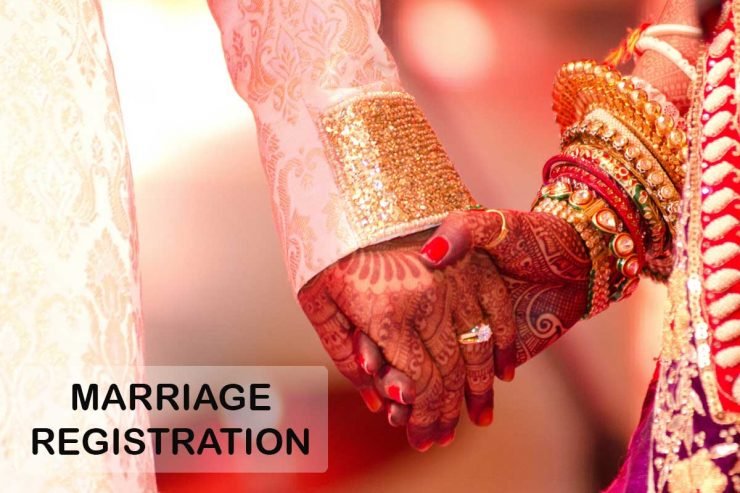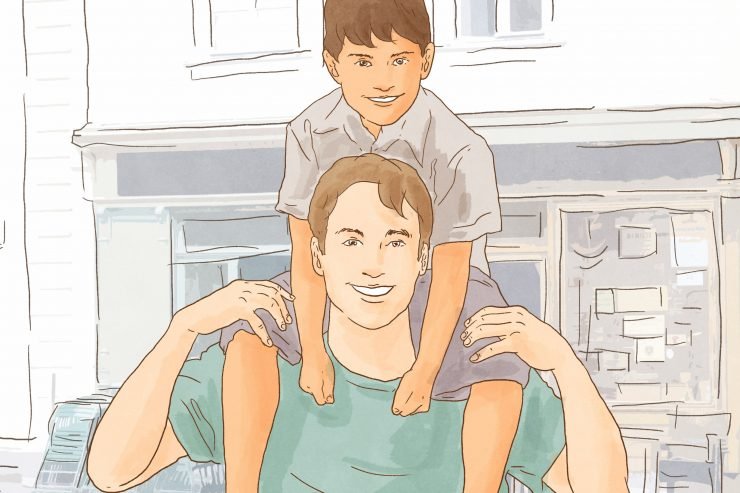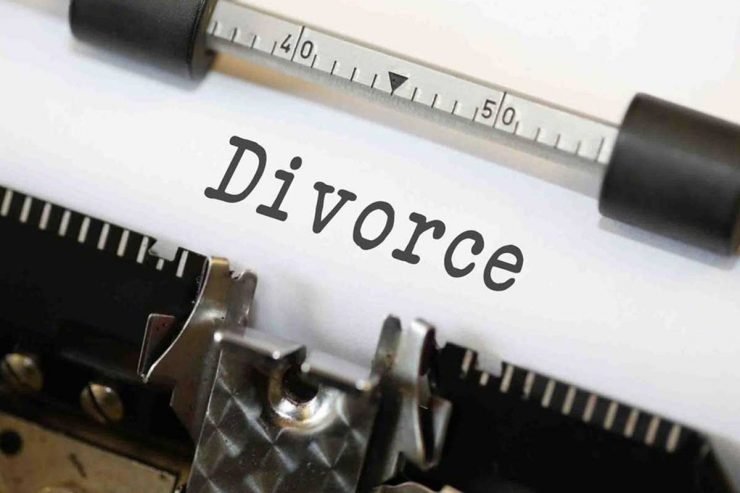

PRACTICE DETAILS
- Lawyer Mr. Shaman Jain
- Skills Court Marriage
- CATEGORY Family Law
ABOUT THIS PRACTICE
In India, court marriages are solemnized by the Marriage Act of 1954. As per the law, a man and a woman who are over 21 years and 18 years of age respectively are eligible to go for a court marriage. The parties can be of Indian or foreign descent. There are other conditions such as; neither of them should have a living spouse and both the parties should have a stable mental state.
A court marriage is very simple as it doesn’t have any rituals and ceremonies and is performed by the Marriage Registrar. Once the marriage process is completed a marriage certificate is issued to the participants declaring that their union is legal in the eyes of the law.
Recently, court marriages have become popular in India with many couples choosing this way to get married. There are numerous reasons why court marriages are the preferred choice.One of the numerous reasons for selecting a court marriage is that the couples want to keep their marriage economical . Other reasons are inter-caste marriages, or marriages without the blessings of the families. However, court marriage is not an easy process and involves sequence of procedures to be completed.
- The court marriage application form.
- The receipt of fees to be paid along with the application form.
- The proof of date of birth of both the parties.
- ID Proof like Aadhar Card, Driving license, Passport, Voter ID card, etc.
- Address Proof like Aadhar Card, Driving license, Passport, etc.
- Affidavits from the bride and groom that mentions the date of birth, current marital status and a declaration that the bride and groom are not related to each other within the degree of prohibited relationships mentioned under the Act.
Following are the conditions that can make a court marriage happen:
- Neither the bride nor the groom must have a living spouse at the time of court marriage.
- Minimum age of the groom should be 21 years and minimum age of the bride should be 18 years.
- Both the parties must agree to the marriage without any force, coercion or undue influence.
- The bride and groom must not be within the degrees of prohibited relationships. However, if the customs governing any one of them allows such marriage, the degree of prohibited relationships will not be applicable.
- INFORMING THE MARRIAGE OFFICER: First of all, the marriage officer of the district must be informed about your intention to marry.This can be done by filling up the court marriage application form which can be easily downloaded from the internet. Form has to be submitted 30 days prior to the marriage date to the officer of the district where either one of the couple resides.
- DISPLAYING THE NOTICE: For 30 days the district officer will display the notice at a notable place in his office. During this period, anyone can object to the marriage if it is considered as illegal under the Act and doesn't fulfil eligibility conditions. If there is no valid objection, the officer will go ahead and perform the marriage without any troubles .
- DAY OF MARRIAGE: The bride, groom and three witnesses have to sign a declaration form in the presence of an officer or at any place which is nearer to the registrar’s office.
- MARRIAGE CERTIFICATE: The marriage party and witnesses need to sign the marriage certificate once all the formalities are done. The marriage certificate is usually available within 15 to 30 days.



